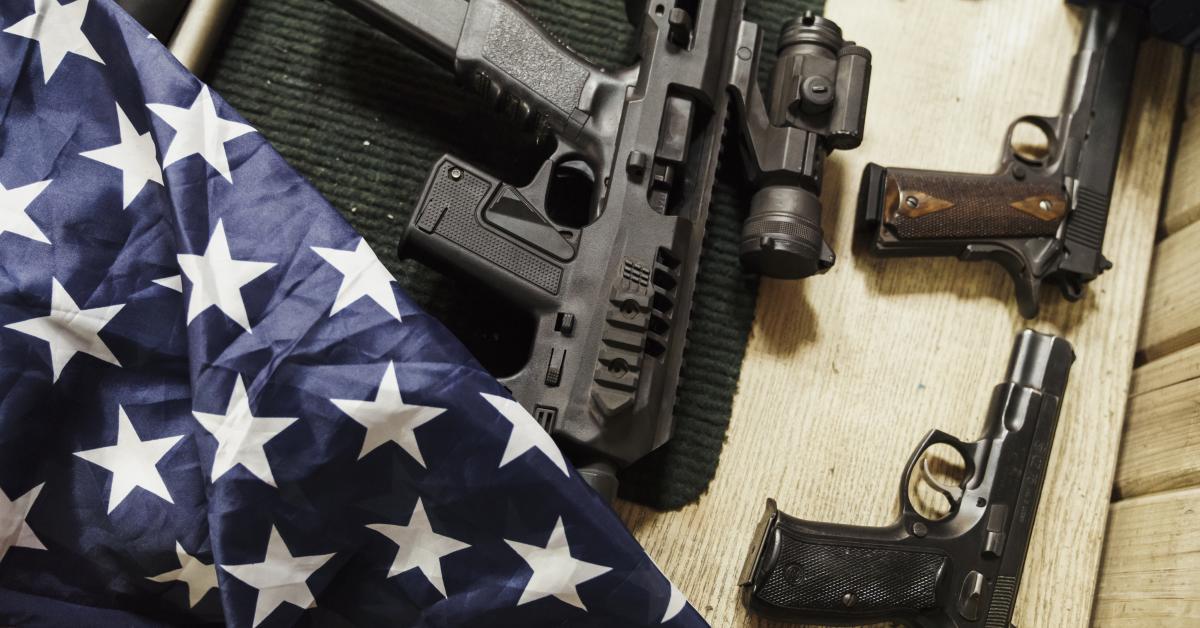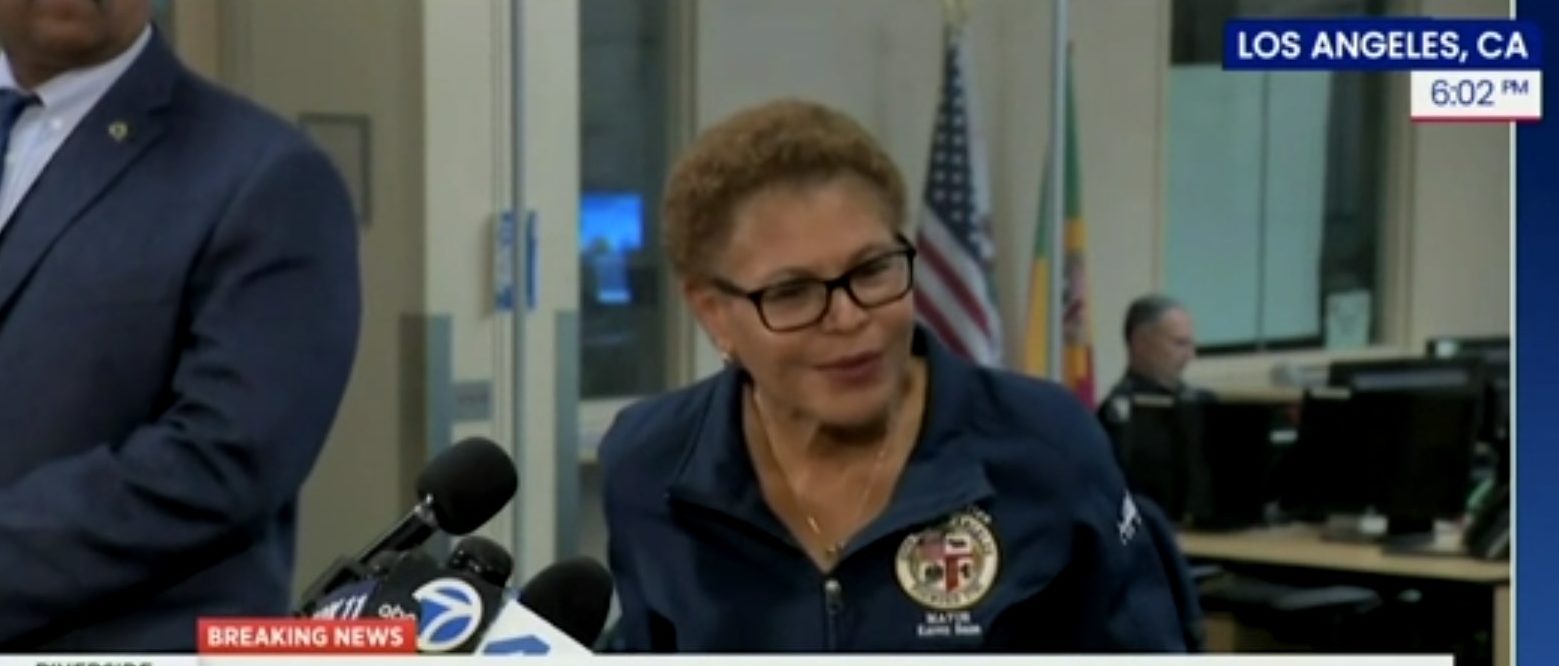Colorado Attorney General Phil Weiser has stepped up alongside 15 other state attorneys general to take legal action against the federal government, aiming to halt the redistribution of thousands of seized gun parts. This move follows a directive from the Trump administration that instructed the Bureau of Alcohol, Tobacco, Firearms and Explosives to return “forced-reset triggers” (FRTs) that had been confiscated. These FRTs are devices that enhance the firing rate of semi-automatic rifles, sparking debate over their classification as machine gun devices, a label they held under the Biden administration.
Weiser has made it clear where he stands, stating, “The law is clear: Machine guns, and devices that turn a semiautomatic weapon into a machine gun, are illegal.” His lawsuit aims to prevent the ATF and the administration from distributing thousands of these devices, which he believes could transform firearms into “weapons of war,” thus endangering communities. This legal tussle stems from a settlement between the federal government and Rare Breed Triggers, a company producing these controversial devices.
The settlement, reached on May 16, resulted in the ATF agreeing to cease the seizure of FRTs and return those already taken. The National Association for Gun Rights celebrated this settlement as a “total victory over the ATF,” signaling a win for gun rights advocates. Joining Colorado in this lawsuit are states like Delaware, District of Columbia, Hawaii, Illinois, Maine, Maryland, and others, all aiming to maintain what they see as essential protections for their residents.
The lawsuit targets 13 entities, including Rare Breed Triggers, the U.S. Department of Justice, the ATF, and several gun advocacy groups. These states argue that the previous ban on FRTs was crucial for community safety. “It’s hard enough for our local law enforcement officials to protect Colorado communities from gun violence without the federal government willfully ignoring the law,” Weiser remarked, emphasizing his commitment to public safety.
On the other side of the debate, gun rights advocates argue that FRTs have been unfairly labeled as machine gun devices. Hannah Hill, vice president of the National Foundation for Gun Rights, dismissed the lawsuit as a “quick dismissal.” She articulated the view that the lawsuit was born out of “absolute outrage” over a perceived reclamation of Second Amendment rights.
The ATF has estimated that around 100,000 FRTs have been distributed across the country in recent years. The lawsuit seeks to pause the redistribution process, highlighting that it could “aid and abet violations of state law,” given that FRTs remain banned in about a dozen states. As of now, the ATF has not issued any statement in response to the lawsuit.
In this legal battle, the coalition of attorneys general is determined to ensure that their states’ laws are respected and upheld. They argue that devices like FRTs pose a significant threat to public safety. Meanwhile, the opposing camp sees this as a fight to protect their constitutional rights, emphasizing their belief in the right to bear arms.
The case underscores a broader national debate over gun rights and regulations, with each side firmly entrenched in their positions. For the attorneys general involved, the lawsuit is about maintaining law and order in accordance with their interpretation of existing statutes. The outcome of this legal confrontation could have significant implications for gun legislation and enforcement across the nation.
This clash between state and federal perspectives on gun regulation is emblematic of a larger ideological divide. It’s a testament to the ongoing struggle over how best to balance public safety with constitutional freedoms. As the case progresses, it will likely capture the attention of both policymakers and the public alike, each eager to see how the scales of justice tip.
While the attorneys general argue for stricter control to prevent potential violence, gun rights advocates are rallying to defend what they see as a crucial element of individual freedom. The legal proceedings are sure to be closely watched, as they may set precedents for how similar cases are handled in the future. Both sides remain steadfast in their convictions, underscoring the complexity of the issue at hand.
The legal arena is set for a significant showdown, one that highlights the tensions between differing interpretations of the Second Amendment. Each party brings its arguments to the table, reflecting deeply held beliefs about rights and responsibilities. As the lawsuit unfolds, it will serve as a focal point for the ongoing national conversation about guns and their place in American society.



